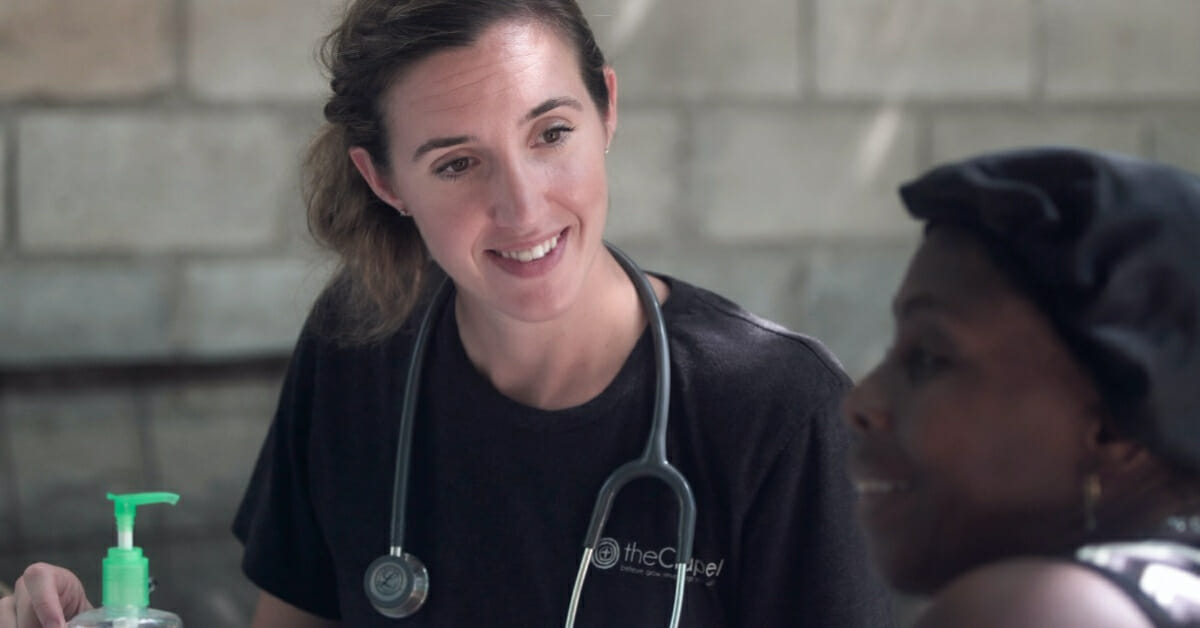This comprehensive Immunology course is designed to provide students with a thorough understanding of the immune system and its role in health and disease. The course begins with an overview of immune system organization and cellular components, followed by a detailed exploration of innate immunity as the first line of defense. Students will then study the complex mechanisms of adaptive immunity, including the development and function of B and T lymphocytes, antigen recognition, and the generation of immunological memory. The course examines both humoral and cell-mediated immune responses, highlighting their distinct yet complementary roles in host defense.
The latter portion of the course focuses on clinical applications and immunopathology, including immunodeficiency disorders, hypersensitivity reactions, autoimmune diseases, and transplantation immunology. Students will explore the principles of tumor immunology and immunotherapy approaches in cancer treatment. The course concludes with modules on vaccine development and immunodiagnostic techniques, emphasizing their importance in preventive medicine and clinical diagnosis. Through lectures and case studies, students will develop a solid foundation in immunological principles and their applications in medicine and biotechnology.
Learning objectives
After the completion of this course, you will be able to:
- Describe the cellular and molecular components of the immune system and explain their integrated functions in host defense mechanisms
- Analyze the innate immune response, including its recognition strategies, effector mechanisms, and role in initiating and modulating adaptive immunity
- Explain the development, activation, and regulation of B and T lymphocytes in adaptive immune responses, including antigen processing, presentation, and recognition
- Compare and contrast humoral and cell-mediated immunity, including their effector mechanisms, regulation, and roles in different types of infections
- Evaluate the immunological basis of immunodeficiency disorders and their clinical manifestations, including primary and secondary immunodeficiencies
- Analyze the mechanisms underlying hypersensitivity reactions and autoimmune diseases, including breakdown of self-tolerance and contributing genetic and environmental factors
- Describe principles of transplantation immunology to explain graft rejection, graft-versus-host disease, and approaches to enhance transplantation success
- Assess the interactions between the immune system and cancer, including immune surveillance, tumor escape mechanisms, and immunotherapeutic strategies
- Evaluate the immunological principles of vaccine development, types of vaccines, and factors affecting vaccine efficacy and safety
- Interpret immunodiagnostic techniques and their applications in clinical diagnosis, monitoring disease progression, and research
Course outline
- Immune System: Overview and Cells
- Innate Immune System
- Adaptive Immune System
- Humoral Immunity and Cell-mediated Immunity
- Immunodeficiency and Immune Deficiency Diseases
- Hypersensitivity and Autoimmune Disease
- Transplantation Immunology
- Tumor Immunology
- Vaccine Immunology
- Immunodiagnostics
